This case study offers strategies for navigating internal frictions within research teams faced with sensitive...


This case study offers strategies for navigating internal frictions within research teams faced with sensitive...

https://player.vimeo.com/video/882708468?badge=0&autopause=0&player_id=0&app_id=58479 In this candid discussion, two leaders in research and ethnography explore what's shifted, why, how much, and how they're guiding their organizations forward through social, macroeconomic, and...

A roundtable of experienced business owners and independent practitioners share their wisdom and experiences...

The pandemic, layoffs, AI, inflation/deflation, climate change…these days there is plenty of upheaval. In times...
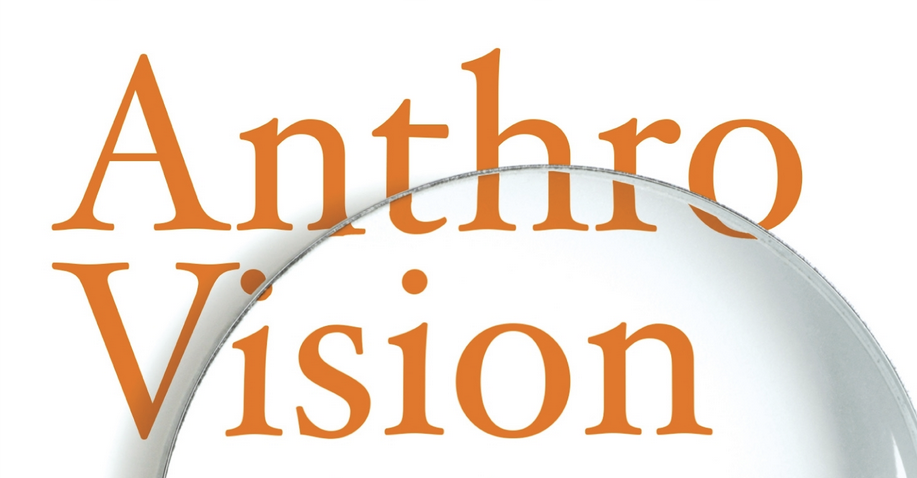
Anthro-Vision: A New Way to See in Business and Life Gillian Tett 2021, 304 pp, Avid Reader Press / Simon & Schuster → Watch Simon Roberts in conversation with Gillian Tett & Donna Flynn Ulf Hannerz once proposed that “common sense is cultural ‘business as usual’; standard operating...
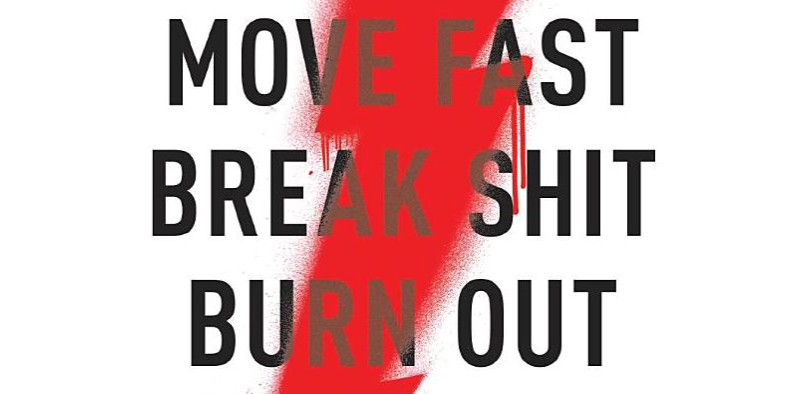
Move Fast, Break Shit, Burn Out: The Catalyst’s Guide to Working Well Tracey Lovejoy and Shannon Lucas 2020, 305 pp, Lioncrest As I write this, we’re just a few months into 2021, and, well, the world hasn’t magically changed. When the clocks ticked over on December 31, it felt as if there was a...

- How did you two meet again? - Let’s head back to the yacht club for sunset. - What happened to that bottle of champagne? - Please don’t fall off the boat. - Live music doesn’t have the same raw character here. - Tahni, go deal with your friend. - What happened to that bottle of champagne? -...
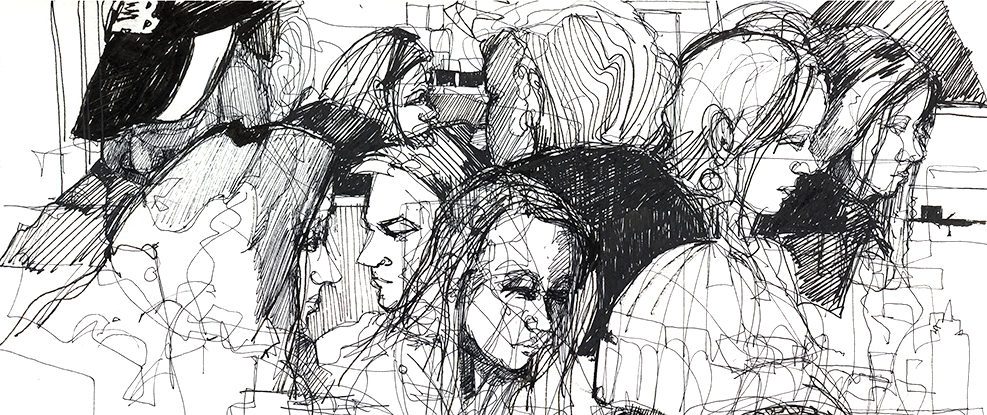
In the fall of 2016, I made the jump from academia to UX research. As opportunities for permanent employment in the social sciences are becoming more and more scarce, this move is becoming increasingly common. And yet, I made this transition with few resources or mentorship, feeling unprepared and...
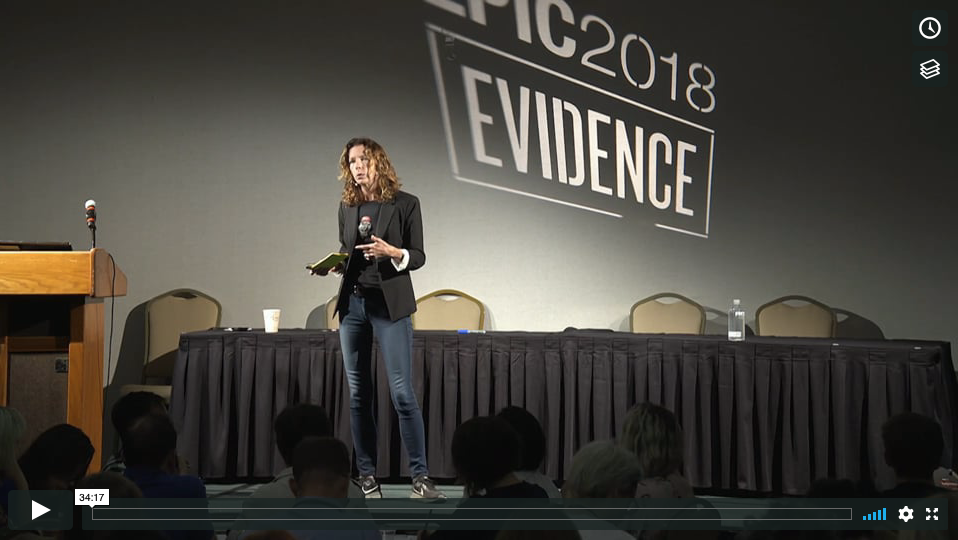
EPIC2018 Keynote Address We are at a crossroads of change in the world. With the rapid rise of digitized data, what’s the place for human empathy? As a long-time member of the EPIC community, I want to use my time with you today to reflect on what this all means for us. This is a moment unlike any...
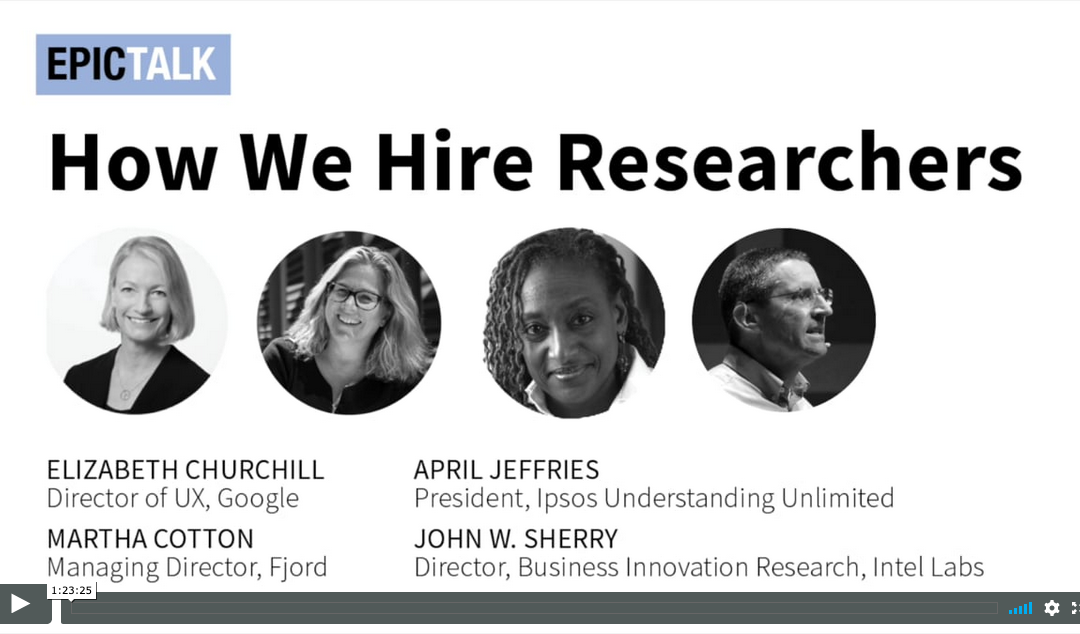
Overview Getting a foot in the door for a coveted researcher job can be a mysterious process at best. What qualities are employers looking for? What hard and soft skills are most attractive, and how do you let...